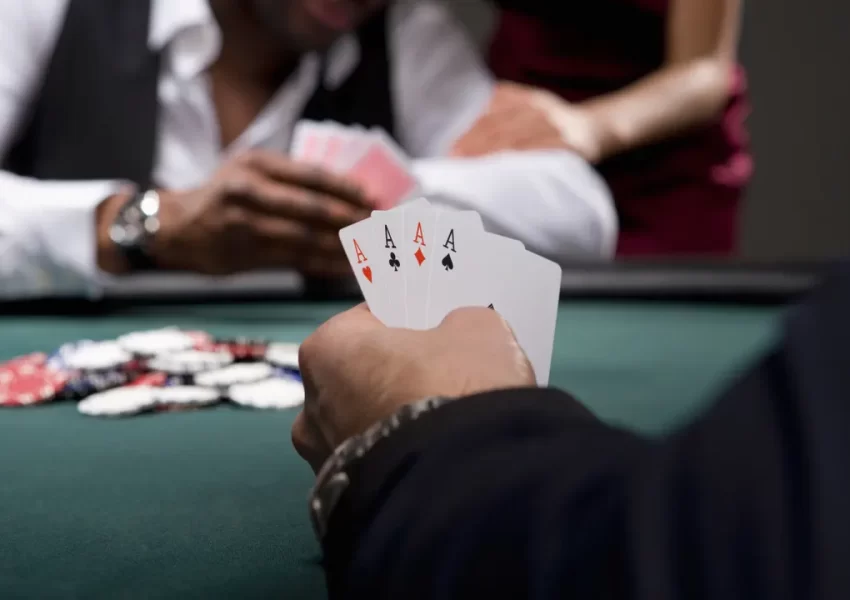Debate surrounding whether poker is a game of skill or gambling has long raged on. Although luck does play a part, those who work to build their abilities over time tend to triumph.
One way of demonstrating that poker is a game of skill is to look at how top players have amassed significant wealth through playing this game, which shows there is a high degree of expertise involved.
Game of chance
Though poker has an element of luck, it also demands skill and strategy from its players. A skilled poker player can overcome mathematical variance by studying and honing his or her game. Furthermore, unlike blackjack or roulette where you pit yourself against a house – in poker you play against other people instead; ultimately a better player will prevail against weaker ones over time.
However, if you’re considering playing poker, be aware that it can become addictive. If you find yourself spending money you can’t afford to, or your gambling is becoming uncontrolled, contact a therapist immediately for advice and limit setting for play time. Therapists can help establish healthy relationships between playing the game and setting limits as well as providing support groups for gambling issues. Furthermore, Islam frowns upon any form of gambling which involves money; seek the advice of your Iman before beginning gambling activities.
Game of skill
Debates over whether poker is a game of skill or luck has raged for years, with different opinions emerging among players. Some see it as pure chance; others believe tact, mental fortitude and strategy must all come into play in order to succeed at poker. No matter your view on it all though, poker always involves some risk!
Many people consider poker a game of skill because its top players make significant amounts of money. But even those considered the best can lose money without an effective winning strategy in place. Researchers’ development of an unbeatable computer program also shows skill’s substantial influence over poker – something which could have serious ramifications both legally and psychologically for players’ mental wellbeing. Ultimately, though, each individual player will ultimately decide for themselves if it should be considered a game of skill or not.
Game of betting
Betting is central to poker’s betting rounds. While any number of players may participate, six or more is optimal as each puts money, known as bets, into the pot prior to each betting round – winning hands have their hand placed first in order to take down this pot!
Some players become addicted to poker. If this occurs to you, it is essential that you seek help as soon as possible; there are counseling services both online and locally available that may offer assistance.
Most forms of poker require players to place an ante before cards are dealt; this is known as the ante and often includes both small and big blind bets with the latter usually twice larger. Checking is another option that gives the next player a chance at raising or calling and also allows an opportunity for bets in later betting intervals.
Game of psychology
Poker psychology is an integral component of the game, as it allows players to better read their opponents’ tells. This involves studying body language and betting patterns of opponents to gauge whether or not they might respond favorably to bluffing. Furthermore, possessing an in-depth knowledge of poker psychology allows one to exploit opponents’ emotions – an especially helpful ability in poker where competition often brings out fragile egos!
Staying focused and avoiding distractions are keys to poker success. Failing to stay on task and avoid disruptions can result in revenge tilt, an emotional state which causes players to act irrationally. Poker psychology can assist players by helping them focus on their strategy while remaining calm.
Understanding poker psychology is essential for winning big in the game, as it helps players understand and predict how opponents react in different scenarios. A strong grasp on this area of psychology helps prevent tilt while developing disciplined bankroll management strategies that help control losses.


